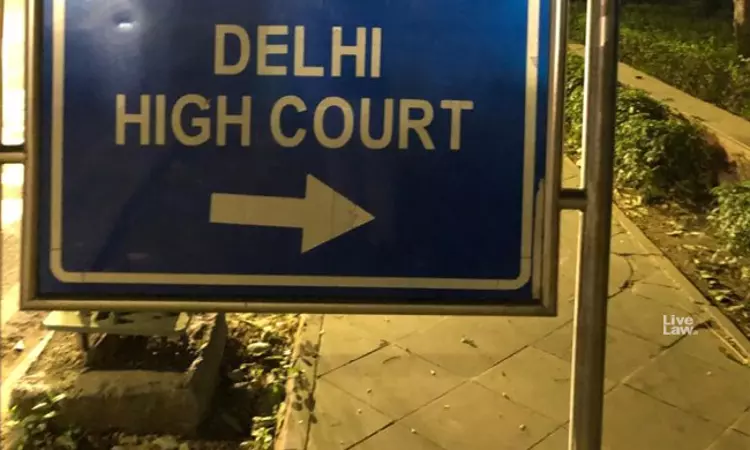Rape Accused Marries Prosecutrix: Delhi High Court Grants Anticipatory Bail To Accused
LIVELAW NEWS NETWORK
29 Nov 2020 5:47 PM IST

Next Story
29 Nov 2020 5:47 PM IST
The Delhi High Court on Friday allowed the anticipatory bail application of a rape accused after the victim's mother expressed that she has no objection to the same. The victim's mother informed the Court that the Petitioner-accused has married her daughter (the prosecutrix) and she has no objection if the Petitioner is released on anticipatory bail. The prosecutrix was also present...
